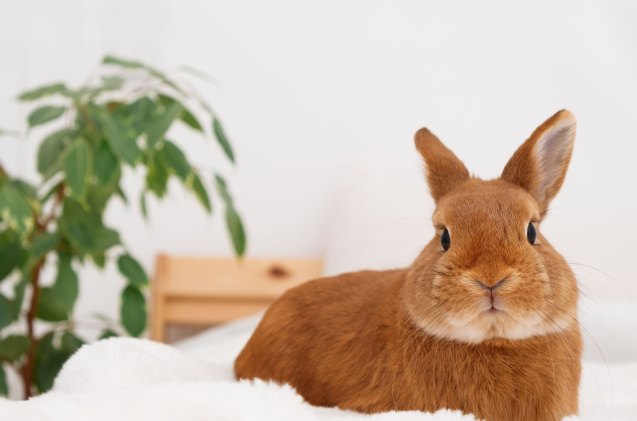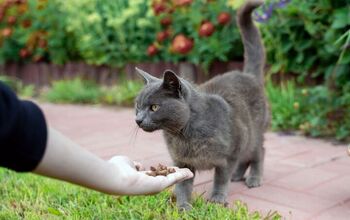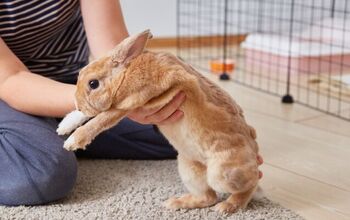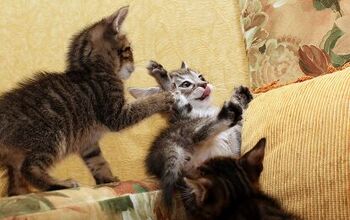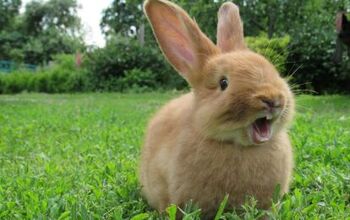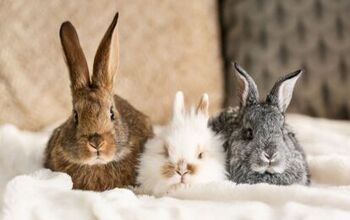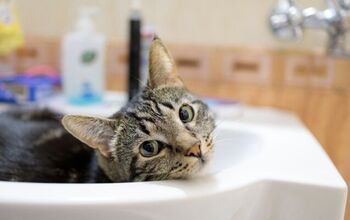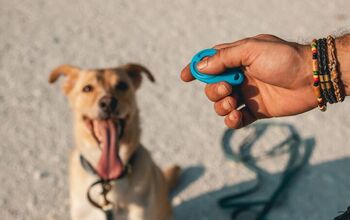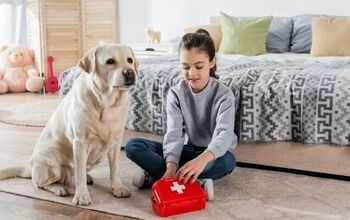How to Rabbit-Proof Your Home

Pet rabbits are lively and fun animals, and very entertaining to be around. When not snoozing and huddling, they will love to explore, hop about, and discover new nooks and crannies around your home. However, they have an affinity for chewing, nibbling, digging, and crawling into any space they find interesting – and interesting doesn’t necessarily mean safe, as well. Because of this, you will have to rabbit-proof your home, both to keep your rabbit safe, but also to preserve your furniture, gadgets, and any other valuables your bunny might find tempting to nibble on. But if you are a first-time rabbit owner, you might be clueless as to what exactly needs to be done to successfully rabbit-proof your home. Here are some classic tips and tricks from experienced rabbit owners – do these, and you’ll keep both your pet and your home safe and sound.
Protect wires, cords, and cables
We all know that bunnies simply love to chew and nibble on things. It is their way of exploring and getting to know their surroundings. However, in a modern home setting, this instinct isn’t only bad in terms of material damage, but it can also be dangerous for your bunny. One of the first things you will have to take care of is wires. Our homes have plenty of cables all around the floor – if a rabbit nibbles on them and reaches the wires, the outcome can be fatal. There are several ways you can rabbit-proof cables, and the best (and the easiest) way is to purchase special flexible tubing. Most hardware and electronics stores keep them. This tubing can encase several cables at once, making things neater – but also perfectly protected from your pet’s chompers. Of course, any other reliable solution is accepted, as long as you try keeping all cables out of a rabbit’s reach, whether somewhere higher or tucked away.
Use pet-safe material to conceal and protect furniture
Of course, there are also things in your home that won’t harm your rabbit, but should also be protected nonetheless. Sofa legs, table legs, elaborate door frames, baseboards, and anything else that is close enough to the floor – all of it can be nibbled and chewed down to scraps. If you want to keep your possessions pristine, you should find ways to rabbit-proof them. In this case, anything goes, as long as the material isn’t toxic to bunnies. Cardboard tubes from paper rolls, flexible tubing, and premade protective solutions supplied by pet shops – anything can help prevent a rabbit from chewing his way through.
Restrict access to certain areas
Of course, one of the simplest solutions is simply blocking off certain areas you don’t want your pet to go in, whether the space is unsafe for them (e.g. floor level plants that can’t be moved) or if you don’t want to risk them ruining something that you can’t conceal or protect. You can opt for classic pet or baby fences that can be found in any pet store or general store and can effectively block doorways, staircases, and such. Keep your bunny safe in the room of your choosing, and keep the next room out of bounds. Efficient and simple! As long as they have plenty of room to hop about and explore, it doesn’t matter which room of your home they are in.
Don’t forget about the flooring
In some cases, you might have to remove a carpet or get rid of your fancy rugs. Bunnies love to dig, and might find your carpet a suitable digging ground – or even realize that a carpet could be fun to chew on. In no time, your precious rug might end up all torn and tattered. It is best to keep your rabbit in a room with hardwood floors, tiles, laminate, etc, but make sure the surface isn’t too slippery, either. Rabbits don’t feel safe on surfaces that are slippery and can actually injure themselves if they happen to slip.
Remove any toxic/poisonous items from your home
Last, but not least, is the danger of poisonous houseplants. That exotic flower or that spider plant you always loved might not be so harmless after all. Some common houseplants can be poisonous to rabbits, so make sure you keep them out of reach. The same goes for foods that are yummy to you but might kill or seriously harm your bunny – things such as avocado, chocolate, potatoes, and mushrooms (to name a few) are all dangerous for rabbits.
In the end, try to be around when your bunny roams free around the house. With your supervision, everything becomes safer, and you don’t have to worry about your pet getting into trouble while you weren’t looking.

A proud mama to seven dogs and ten cats, Angela spends her days writing for her fellow pet parents and pampering her furballs, all of whom are rescues. When she's not gushing over her adorable cats or playing with her dogs, she can be found curled up with a good fantasy book.
More by Angela Vuckovic



